In the course of Donald Trump’s rise to power, people have repeatedly been asking, “Why did he tweet that? What was he thinking about?” Our fascination with his mental states highlights a very important question for us: What happens in our minds and brains when we try to influence others?
World Economic Forum (Page 3 of 7)
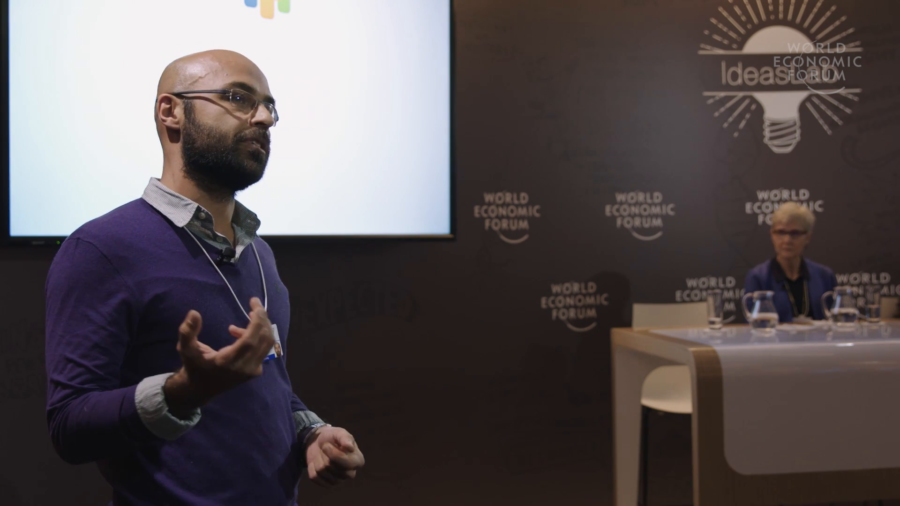
Deducing the Cognitive Basis of Attempting to Influence Others
presented by Bahador Bahrami
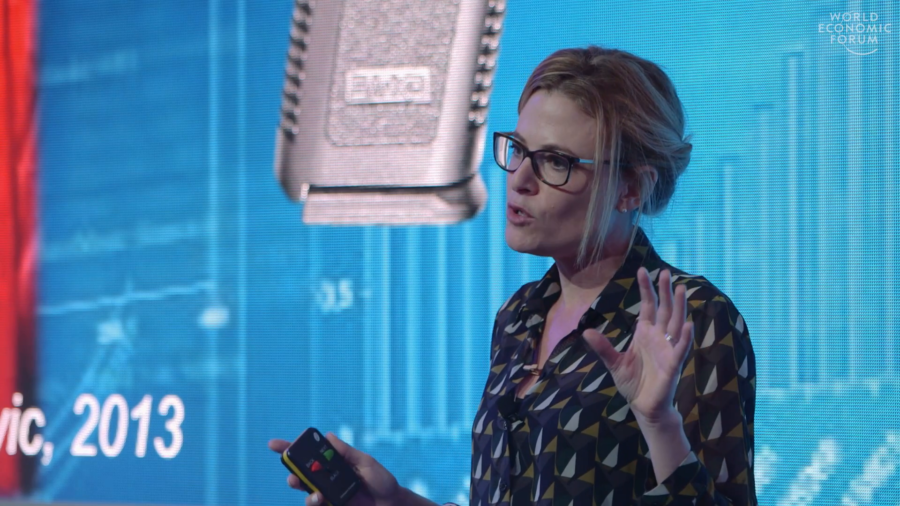
Why Facts Don’t Unify Us
presented by Tali Sharot
Why do you spend precious moments every day sharing information? There’s probably many reasons, but it appears that the opportunity to impart your knowledge onto others is internally rewarding.
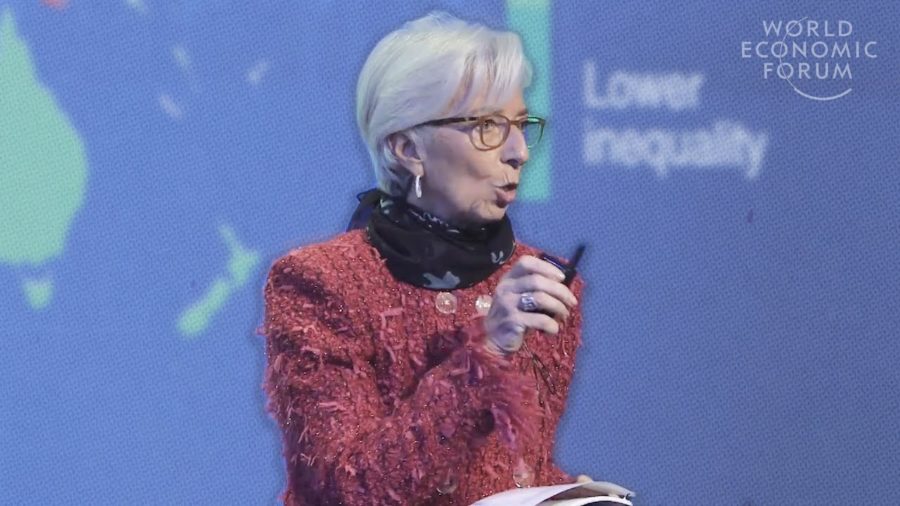
Solving the Economic Generation Gap
presented by Christine Lagarde
I wanted to start off this morning using an American poet and novelist, Langston Hughes. And I quote him to have said, “What happens to a dream deferred?” It is a question now facing millions all over the world, especially young people. Why? Because of poverty. Because of excessive inequality
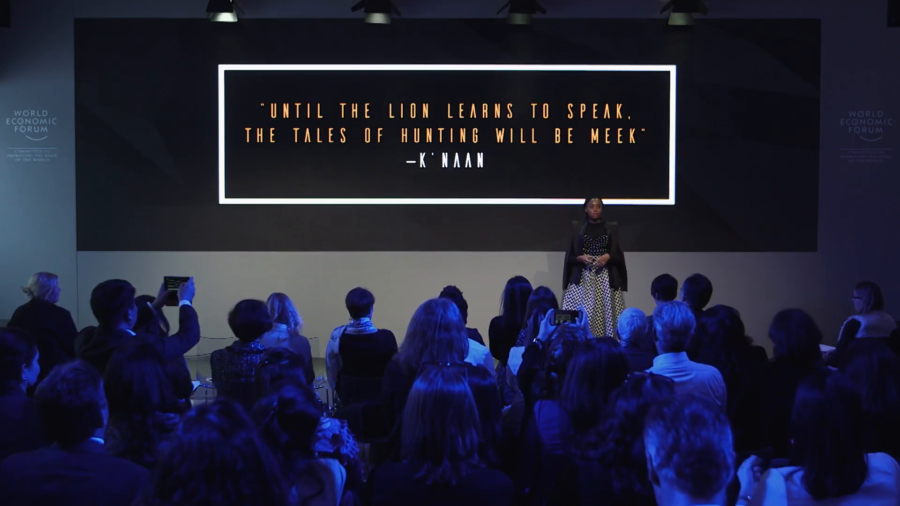
We Need A New Image of Africa
presented by Wanuri Kahiu
To have the hunter tell it, Africa is full of meek stories about desperation and despair. So when artists like myself offer an alternate vision, often we’re asked to defend our imagination. Why do we feel we have the luxury to create? Shouldn’t we be dealing with more important issues like corruption, or war, or AIDS, or poverty?
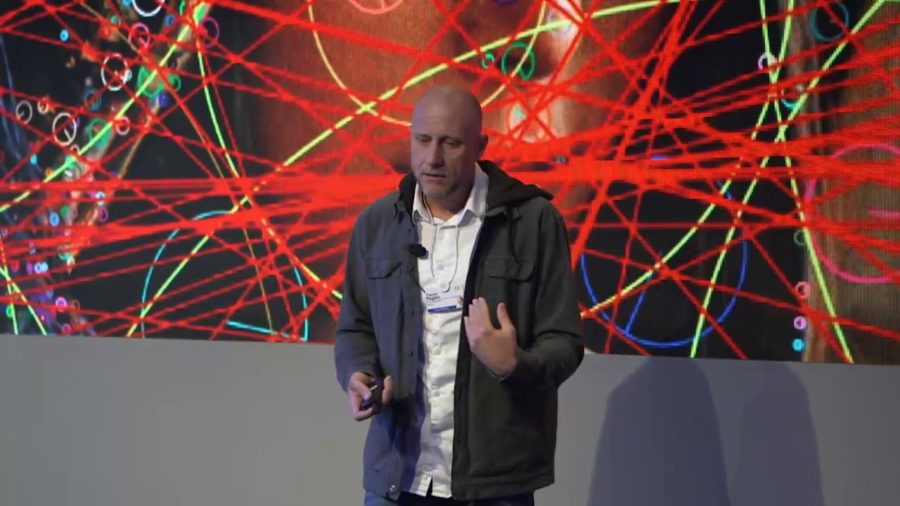
Invisible Images of Surveillance
presented by Trevor Paglen
One of the things I really want out of art, what I see the job of the artist to be is to try to learn how to see the historical moment that you find yourself living in. I mean that very simply and I mean it very literally. How do you see the world around you?
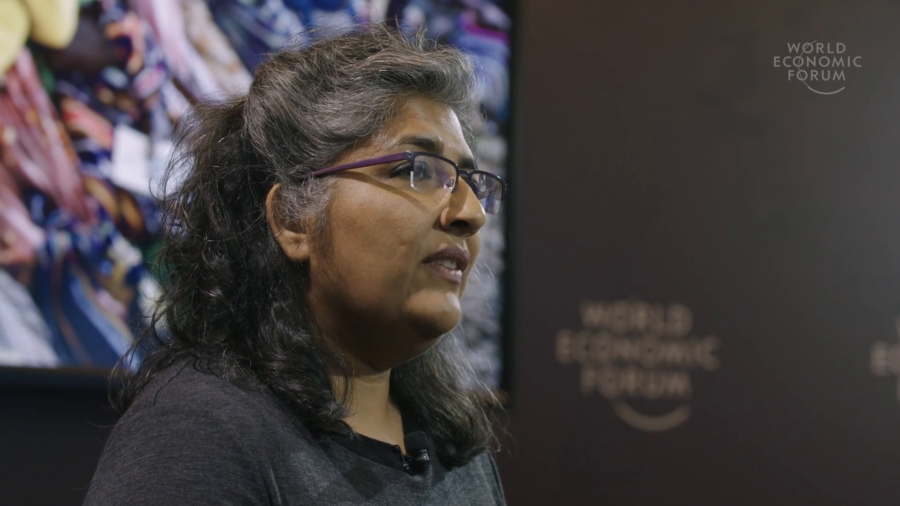
Discovering Health Innovations in Humanitarian Settings
presented by Kamalini Lokuge
During the war in Afghanistan, the military decided to air drop food packages as part of its winning hearts and minds campaign. Unfortunately, the food packages were very similar in appearance to the cluster bombs they were dropping at the same time. If military decision-makers had spoken to communities, aid workers, military personnel on the ground, they’d have figured out there were smarter ways to deliver food and win the trust of the Afghan people.
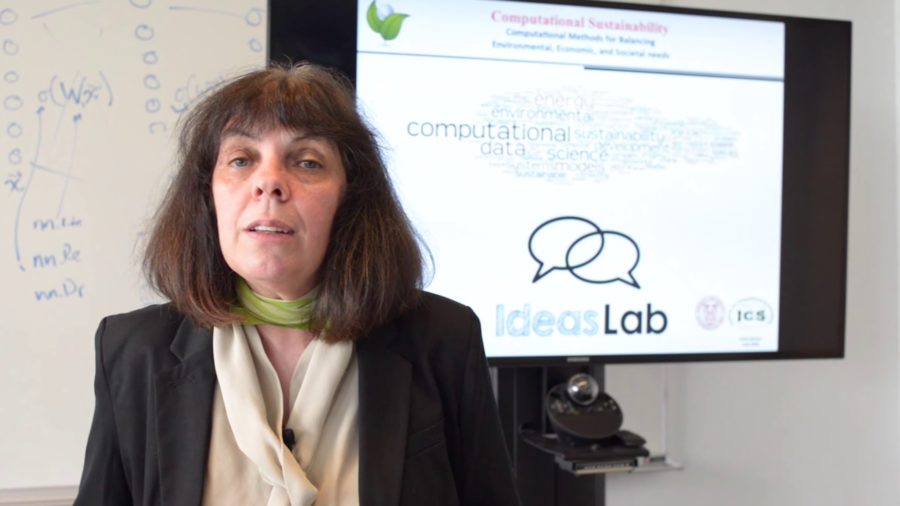
Harnessing Artificial Intelligence to Target Conservation Efforts
presented by Carla Gomes
The smartphone is the ultimate example of a universal computer. Apps transform the phone into different devices. Unfortunately, the computational revolution has done little for the sustainability of our Earth. Yet, sustainability problems are unique in scale and complexity, often involving significant computational challenges.
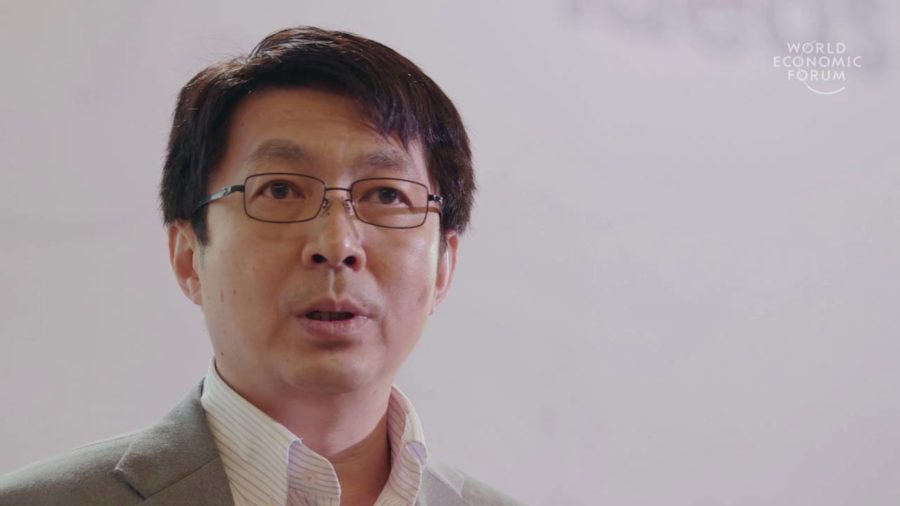
Teaching a Machine How to Imagine
presented by Tai Sing Lee
We can train computers to learn to recognize objects by giving them millions of examples with the correct answers. A human baby, on the other hand, learns to recognize many concepts and objects all by themself simply by interacting with a few examples in the real world.
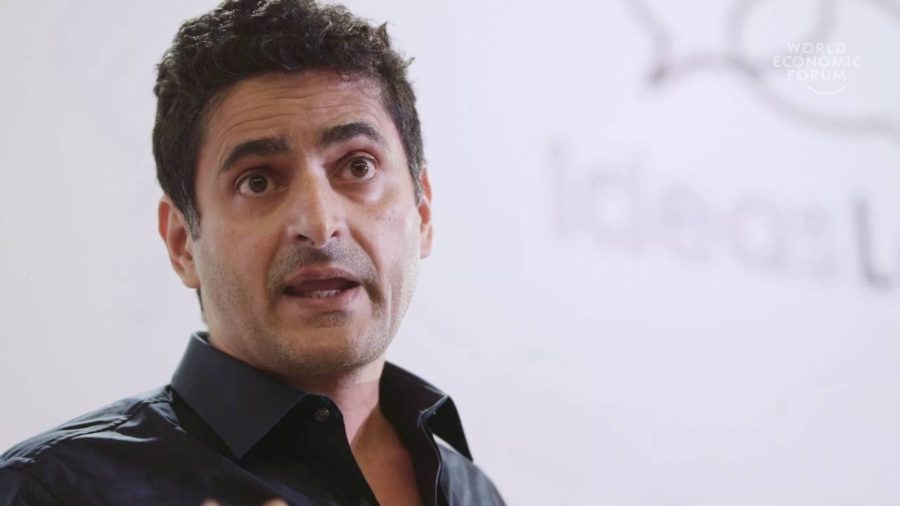
Using Cryptography to Redefine Legal Contracts and Public Records
presented by Rabee Tourky
Can we have agreements or the mechanisms for enforcing agreements between governments without having to appeal to the ambiguity of international law?
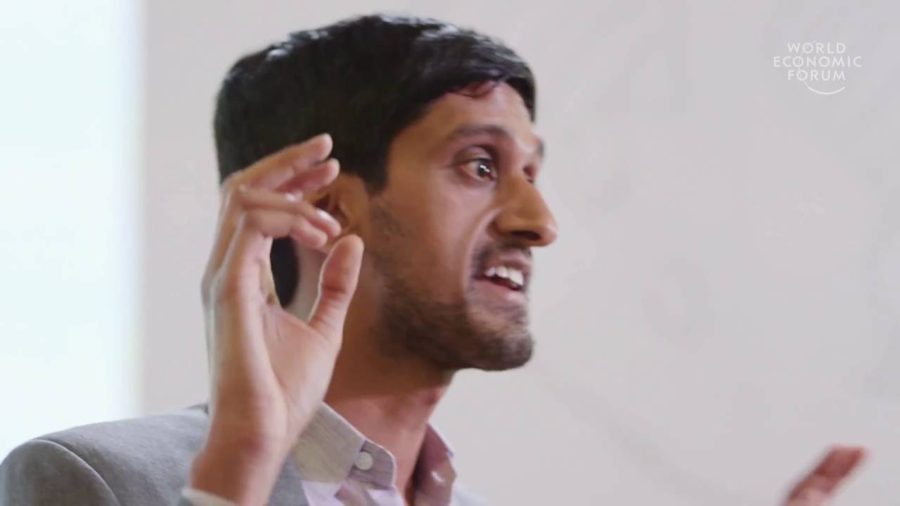
Language as a Signature of the Flexible Human Mind
presented by Mahesh Srinivasan
To understand human nature, I focus on human language and what it can reveal about how we think. Unlike other animals, humans can communicate an infinite number of thoughts through language. And one reason that language is powerful is because we can use each of our words flexibly, with several different meanings.
